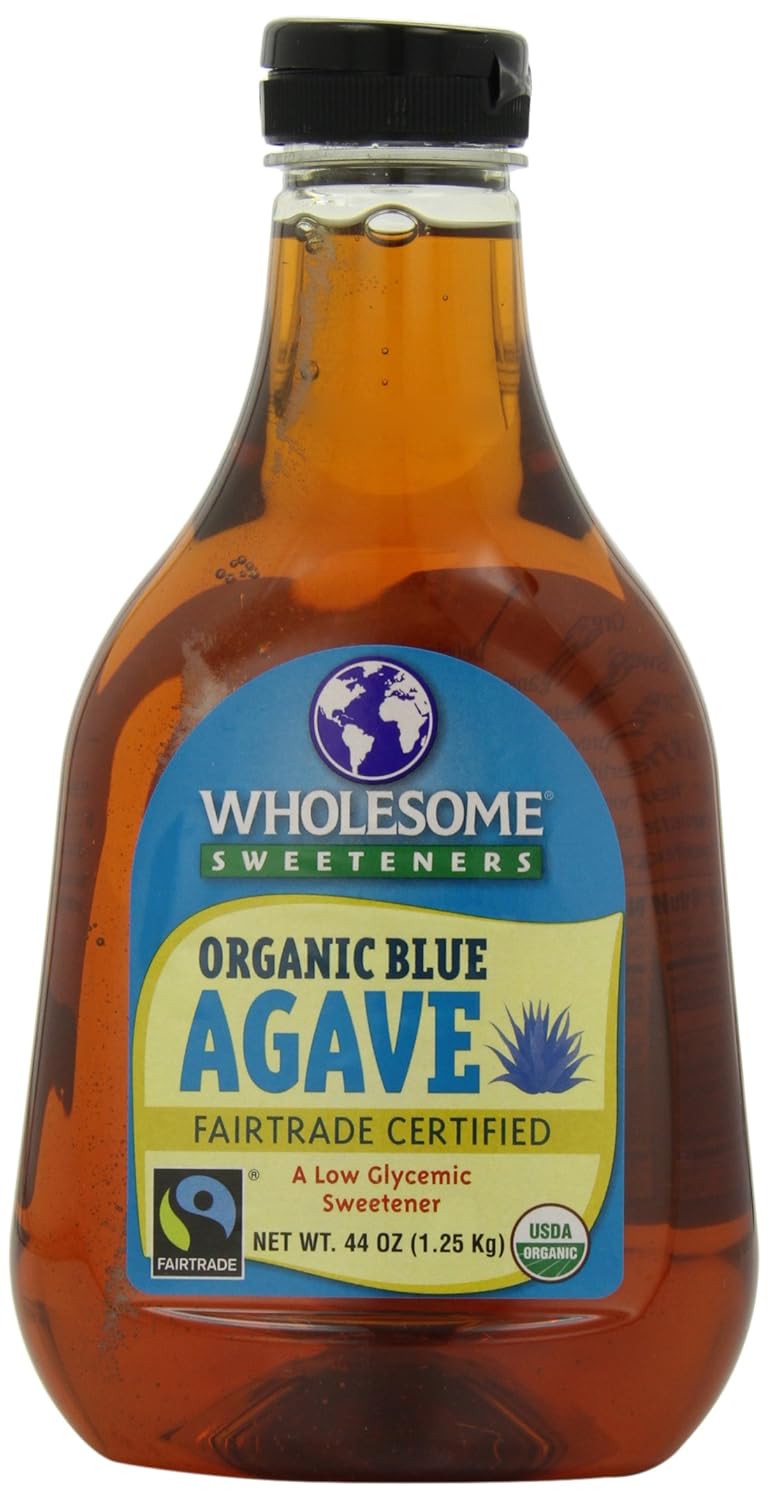My son awoke on Monday morning complaining of vertigo and nausea. It was a clear food sensitivity reaction.
These symptoms have happened before and I’m learning that, if I do a little detective work, I can directly correlate the episode with something he ate. I’ve also learned from past experience that if I insist he goes to school during these episodes, I should expect a call from the school nurse after he eventually vomits. He stayed home and on the couch for most of the day. By dinnertime, he was feeling much recovered.
If you are not living in a constantly inflamed state, then your reaction to an inflammatory trigger will be noticeable. If you are following a customized anti-inflammatory diet, or LEAP, then you can recover from any inadvertent reactions
This time the culprit was a pineapple popsicle he had enjoyed for dessert the night before. We have known he was sensitive to pineapple since he submitted his blood for the Mediator Release Test (MRT), but it had been more than four years since he had eaten pineapple and he begged to have it. At this point in our food sensitivities journey, the best way to tell if his oral tolerance has risen for a food is to challenge it on a day when it is the only new variable.
He wanted to try it. Sometimes you have to suffer through a hypersensitivity reaction to convince yourself that you are truly better off without that food in your life.
Of course, its best to avoid the hypersensitivity reaction in the first place. That’s the goal of the customized anti-inflammatory diet that I design for my clients in my naturopathic food sensitivities clinic. I work with clients nationwide; feel free to contact me for a free initial consultation if you suspect food sensitivities may play a role in your ailments.




